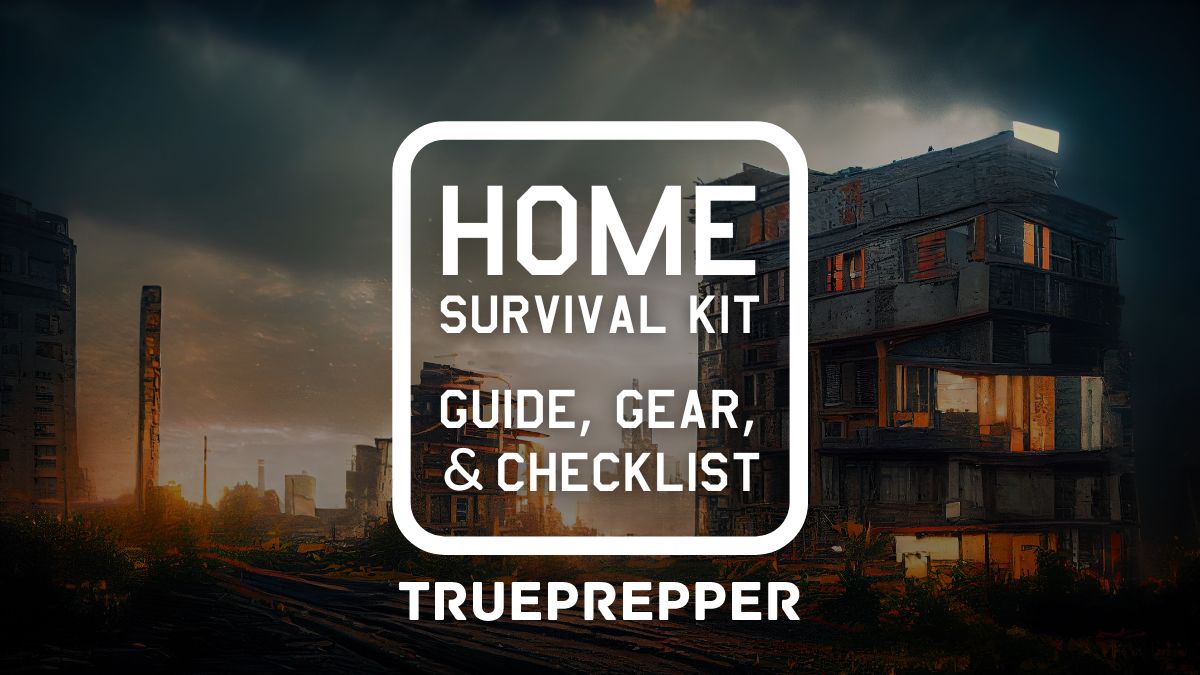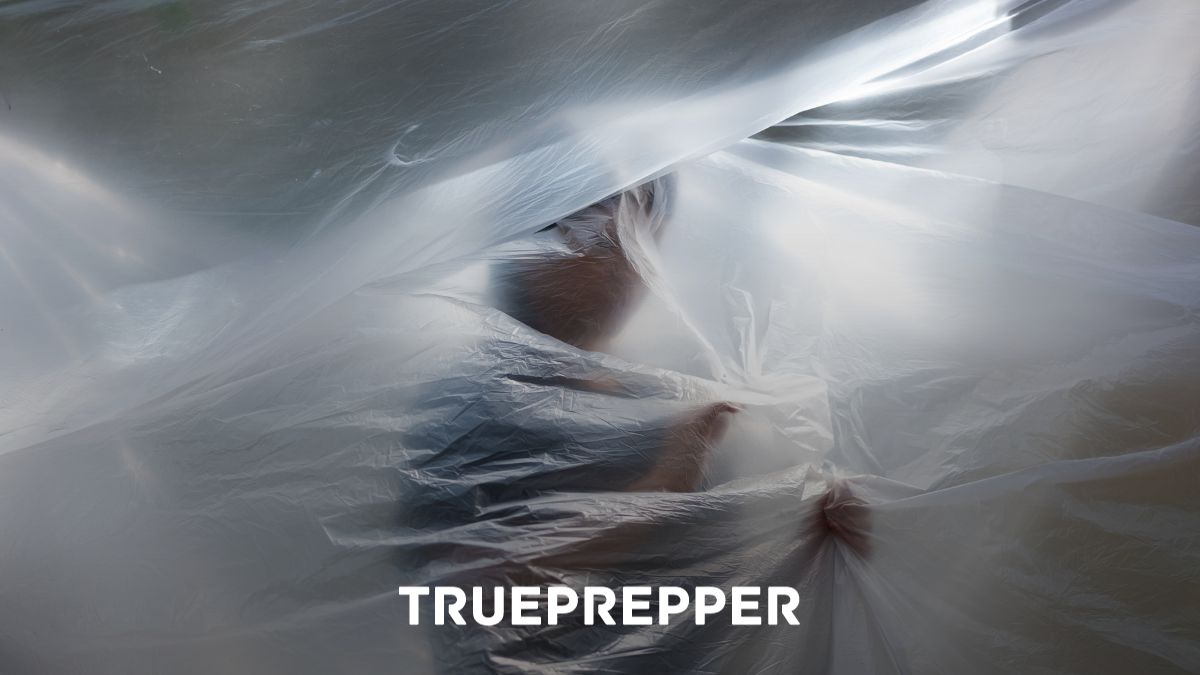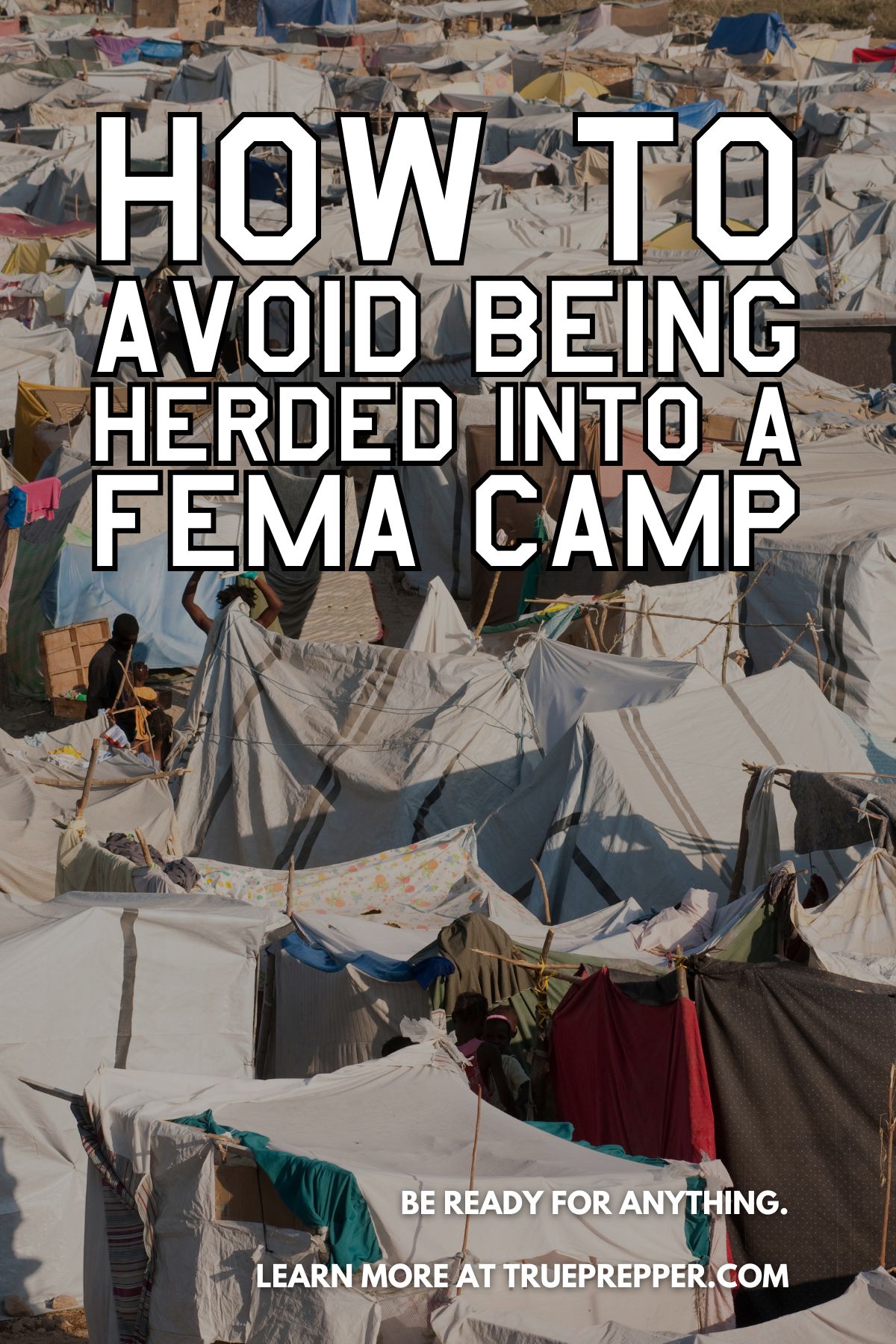How to Avoid Being Herded into a FEMA Camp
A national disaster or regional emergency can upend your life as you know it. If you are caught off guard, you may end up in a FEMA emergency camp. If things truly go south, this could be the last place you want to end up.
With no resources to call your own and thousands of others packed into a public area, things could easily go wrong with a large enough disaster or just the wrong type of emergency.
Whether you are a seasoned prepper or have no plan in place, here are a few tips to avoid being herded into a FEMA camp.
1. Be prepared enough to not need to seek resources
This is probably the best advice we can give. Most people going to FEMA are seeking them out for basic supplies and probably did not prepare enough in advance for the disaster or emergency. Even if you plan on ‘scavenging’ for resources- being out and about can increase your exposure to being rounded up by a National Guard unit and escorted to a FEMA camp.
At the very least you should have a survival kit so you can be self-reliant and not need to seek out help.

2. Move to a location that has a low risk of mandatory evacuation
You can usually tell ahead of time what areas could be prone to a mandatory evacuation. Is your home vulnerable to flooding or a nuclear accident? Is it in an urban area or near a military base that could be targeted by attacks? All of these are examples where a mandatory evacuation could be put in place, so knowing your risk of these threats can help you see the potential for evacuations.
Mandatory evacuation areas usually spawn FEMA camps just outside of the evacuation area to house all the evacuees. If at all possible, try and have a better plan than being funneled into one of these camps.
3. Mark your home with a FEMA marking, telling search and rescue it was already evacuated
If you want to get clever, you can mark your home as if it was already visited by a search and rescue unit.
Check out this article to see how to properly mark it, but it is relatively simple and you just need a can of spray paint. Pair this marking with good light and noise discipline, and your home could be skipped over easily by anyone enforcing a mandatory evacuation.

4. Build a Shelter in Place kit so you have less need to evacuate in biological or chemical emergencies
Sometimes you just have to leave. If there is a chemical cloud hanging over your house, or a nasty pandemic spreading through the country like wildfire- it may be necessary to bug out if you don’t have the proper tools to stay put.
A shelter-in-place kit is simply an add-on to your typical survival kit that lets you barricade airflow in your home, making it as airtight as possible.

5. Have a Bug Out Location (BOL) that is not your main residence
As we touched on earlier, location plays a big factor in your risk of being evacuated. Having multiple locations available ensures that you don’t get ‘pinned down’ in one spot.
Not many people have the resources to own multiple properties, so making friends with preppers not in your area comes in handy here. If you don’t have any prepper friends who live far enough away, try helping a few non-prepper friends to become preppers!
6. Stay informed to know what is going on before a ‘roundup’ occurs
Information is always key. Communication is passing information back and forth. While news sources on TV and the radio can be managed and censored, amateur radio can not.
Staying informed during emergencies using CB/HAM radios can help immensely. Not only can you stay ahead of any planned evacuations, but you can communicate with others to work together.
The Final Word
While a FEMA camp is not the worst place you could find yourself in an emergency- it is not somewhere you want to end up if you can help it. It is a particularly vulnerable site for ‘chain reaction’ disasters, attacks, and pandemics. Going to the camp should be a last resort- when you are out of resources, shelter, and hope.
On the other hand, if you need medical attention, finding a camp could save your life. Weigh your options and risks, and know what is best for you and your family.
Here are some other guides our subscribers have found helpful:
- FEMA PODs: What They Are and Why They Matter
- How to Be a Gray Man
- Bug Out Bag Guide, Gear List, and Checklist
Keep exploring, stay prepared, and be safe.
You’ve Been Missing Out
Join the 2+ million preppers that rely on our prepping advice by subscribing to TruePrepper.- Practical guides and tips
- Useful survival giveaways
- Free, forever
- < 0.4% of people unsubscribe



Sean,
In case you didn’t get my earlier request I am asking your permission to reprint both this article and the one titled “Urban Search and Rescue Markings and Why You Should Know What They Mean” in my monthly Dying Time Newsletter. I will provide full accreditation and a link to your site with the article.
Ray White
Would love to know more. Thank you
Thanks!
-JM asheville nc
When has there ever been a disaster in the U.S. so severe that we’d need to set up those camps?
F.E.M.A. camps first became news stories after they became an item on Political conspiracy web sites. I think they got started about 42 years ago. I’m surprised anyone still remembers them.
“FEMA Camp” has become a conspiracy trigger phrase. “Camp” itself has negative connotations- death camps, concentration camps, relocation camps, etc. The FEMA plans are ‘camps’ set up for those under mandatory evacuations but are not related to martial law. It would be unlikely that anyone would be physically forced into them, and more likely that people’s situation and lack of survival resources would give them no alternative to the camps.
FEMA itself has very little authority and is more of a liason/resource agency that hasn’t proven to be too competent over the years. Ironically, they are easily affected by supply chain and infrastructure disruption.
This camps have been set up following hurricane Katrina, the fire in Maui, and the tornado in Joplin, Mo. You’d do well to educate yourself on what they truly are before scoffing at the improbability of them. FEMA is set up by homeland security. After these disasters, they have been pushing people to sign away their rights to their land/property in order to get assistance from them. That is NOT how it’s supposed to work. They also, during the Maui incident, stopped any other groups from providing foods, water, necessities to those in need forcing them to go through F E M A. Nobody should be forced to do anything against their will especially for basic survival needs and definitely not when they have just been through a traumatic event.
If you bug out; WHAT’LL HAPPEN TO THE PLACE YOU’RE LEAVIUNG?
trump has said that he might try being a dictator the day after he’s sworn in.What if he uses FEMA camps to control his enemies?
Jonescrusher, the NYC mayor already set up FIMA setup in NY hotels for the illegals. This under the biden administration. I’ve seen photos of the living conditions in those rooms. NOT PRETTY…
And you though biden was so awesome!